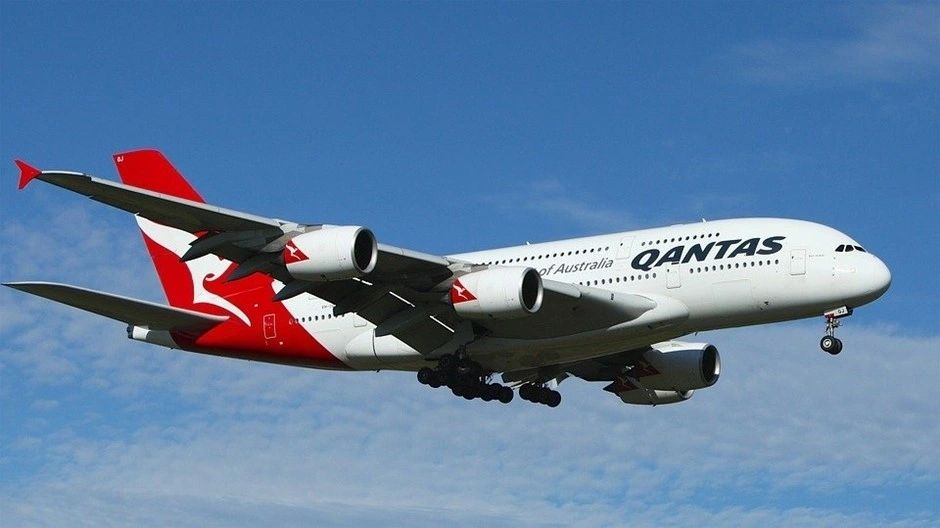
Qantas A380
To reduce the number of passengers who arrive at their final destination without their bags, Qantas will add 30 minutes to the minimum connecting time (MCT) between domestic and international connecting flights.
Qantas passengers departing from Australian airports will have 90 minutes instead of 60 minutes between flights beginning 21 August to account for domestic delays.
If a customer’s previous reservation is affected by the new policy, Qantas will contact them and rebook them on an earlier flight.
The mishandled baggage rate at the national carrier has increased to nine out of every one thousand passengers; thus, this is the first step in a larger effort to address this problem.
As part of their daily meetings to discuss how to boost the airline’s dismal performance, the group’s executives have been discussing whether or not to extend the policy to international flights that connect to domestic ones and domestic connecting flights.
While there were many solid reasons the airline’s operational performance had not been up to standard, Qantas Group CEO Alan Joyce stated the group was taking “extra initiatives,” moulded by feedback from frontline staff who had bore the brunt of consumer displeasure.
“Bringing our operations back to pre-COVID standard and maintaining our focus on safety is our absolute priority,” the executive said.
The number of Qantas employees who have fallen sick owing to COVID-19 and the flu has been catastrophic. The rate of sick days taken is running roughly 50% higher than average.
The airline implemented temporary capacity reductions of over 10% to increase the number of available staff members in response to the staffing shortage. In addition, the airline has hired over 1500 staff, with 80% of them working in operational areas like cabin crew.
Recently, the Fair Work Commission gave the go-ahead for a vote on industrial action by Dnata, the third-party provider contracted by Qantas after the airline outsourced baggage handling. Worker action, such as strikes, which would put more stress on airlines and airports, hinges on the outcome of this vote.
The ballot is the most recent development in a long-running conflict between overcompensation and working conditions. Employees hoping to negotiate a new collective bargaining agreement that will lead to more permanent and part-time staff.
In 2020, Qantas outsourced baggage ground handling, leading to 1700 redundancies. The Federal Court ruled the move violated the Fair Work Act, which the airline is appealing to the High Court.
Earlier this week, it was revealed that Qantas has asked top management and executives to roll up their sleeves and serve as luggage handlers as part of a three-month “contingency programme” to combat labour shortages and flight disruption.
Qantas is asking up to 100 top executives to volunteer to help ground employees with tasks such as scanning and sorting passenger baggage, driving tugs, and loading bags into planes.
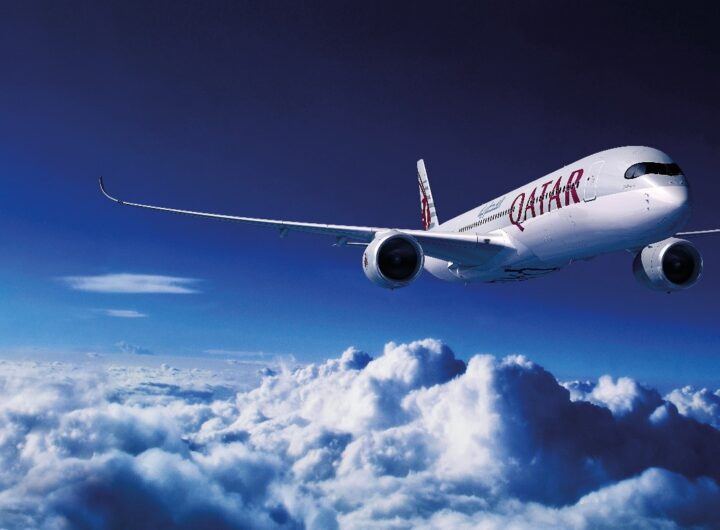 Qatar Airways Resumes Flights To Malta: Enhancing International Connectivity
Qatar Airways Resumes Flights To Malta: Enhancing International Connectivity 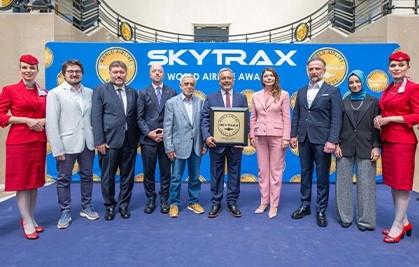 Turkish Airlines Crowned Best Airline in Europe for the Tenth Time
Turkish Airlines Crowned Best Airline in Europe for the Tenth Time  Taking on the Tasman: Air New Zealand Unleashes 1.7 Million Seats for Summer
Taking on the Tasman: Air New Zealand Unleashes 1.7 Million Seats for Summer 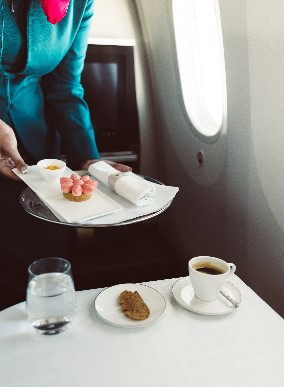 Oman Air Elevates In-Flight Dining with Exquisite Omani Rock Rose Dessert
Oman Air Elevates In-Flight Dining with Exquisite Omani Rock Rose Dessert  Cathay Pacific Elevates Inflight Dining with ‘Chinese Classics’ Menu
Cathay Pacific Elevates Inflight Dining with ‘Chinese Classics’ Menu 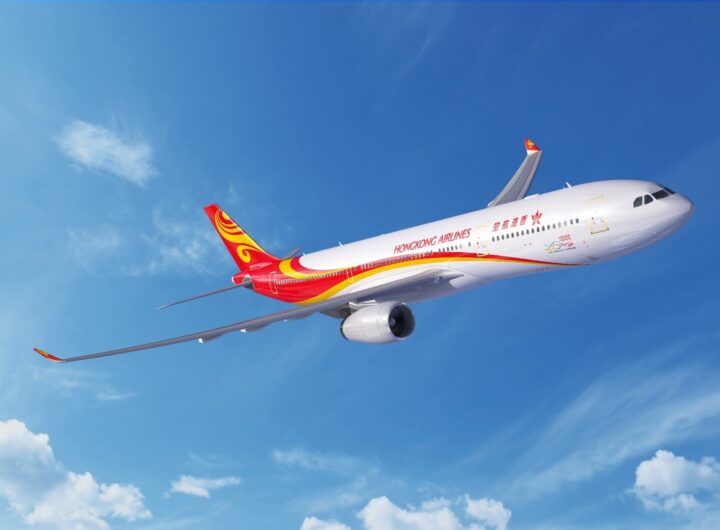 Hong Kong Airlines Set to Land in Sydney—And Travellers Reap the Rewards
Hong Kong Airlines Set to Land in Sydney—And Travellers Reap the Rewards  Viking Cruises Unveils 14 New Ocean Itineraries for 2026 & 2027
Viking Cruises Unveils 14 New Ocean Itineraries for 2026 & 2027  Seabourn Elevates Onboard Dining with New Menus and Local Flavours
Seabourn Elevates Onboard Dining with New Menus and Local Flavours  Oceania Cruises Marks a New Era with the Construction of the First Sonata Class Ship
Oceania Cruises Marks a New Era with the Construction of the First Sonata Class Ship 